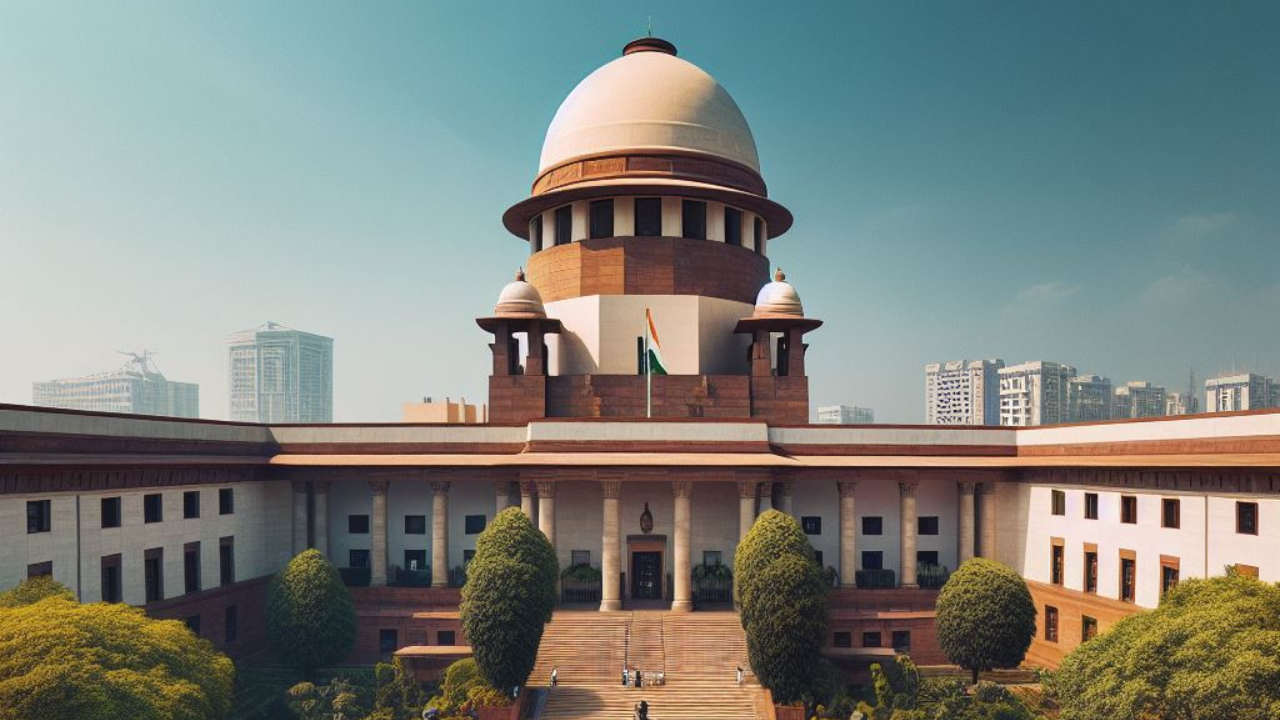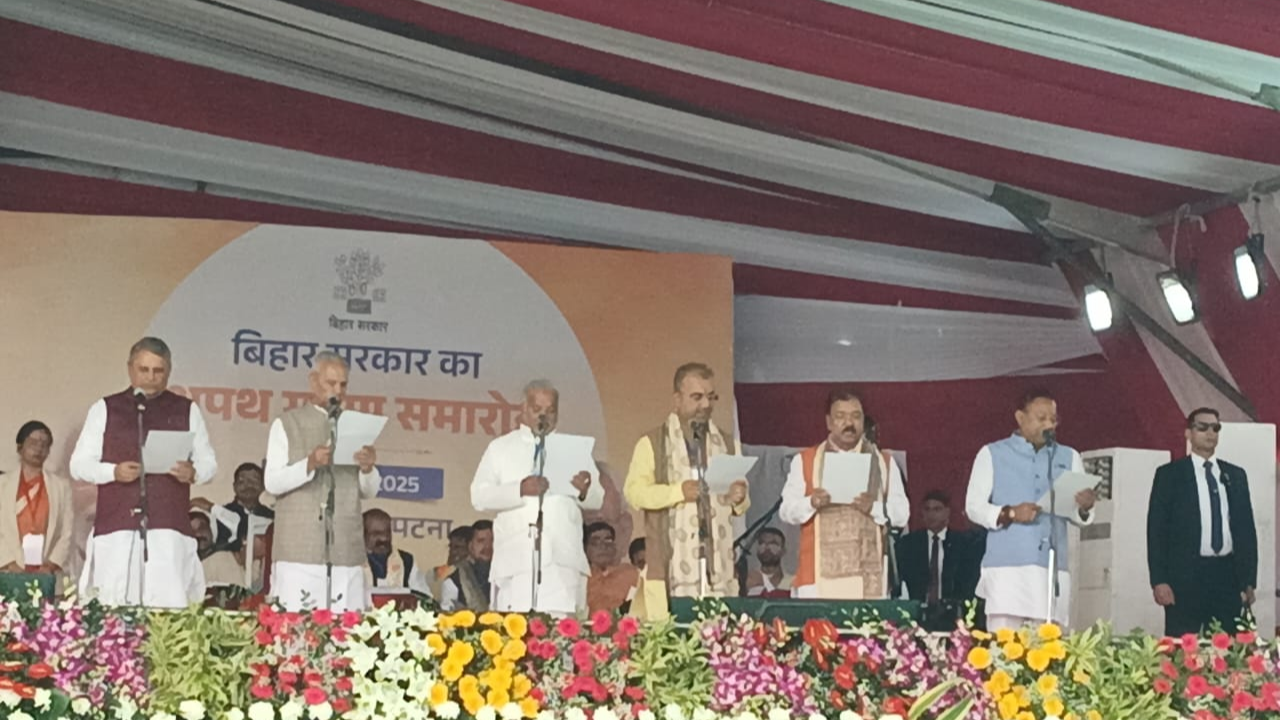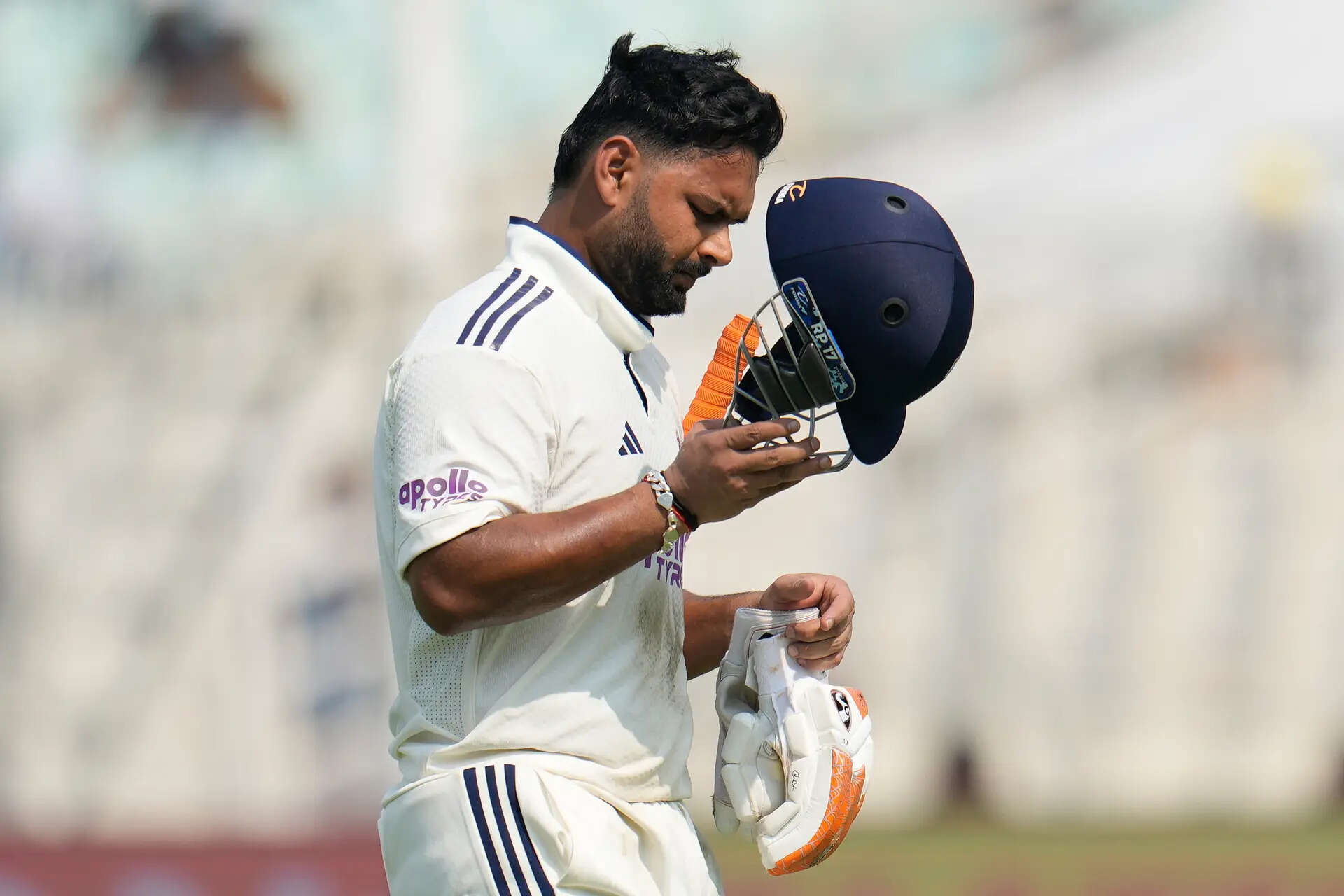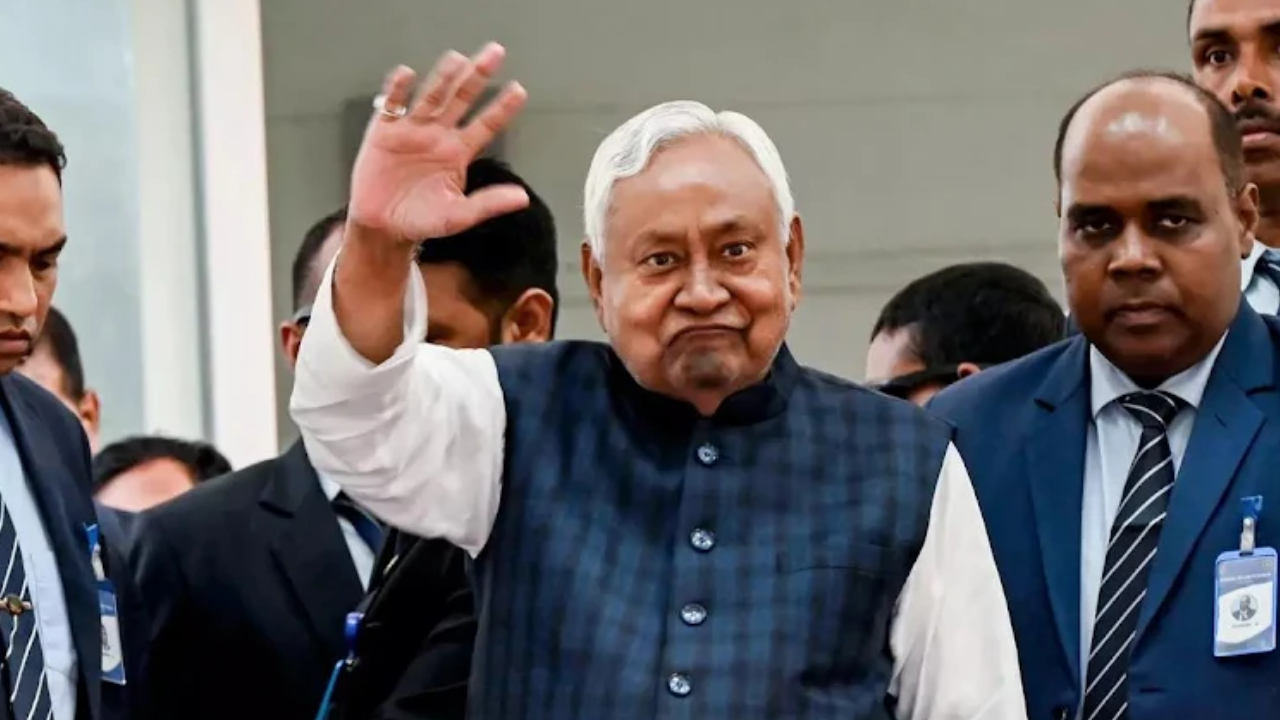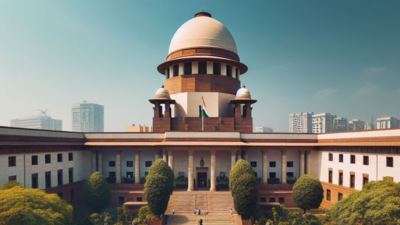NEW DELHI: The Supreme Court on Thursday held that constitutional courts cannot impose timelines on the President or governors for taking decisions on bills passed by state legislatures, calling such directions unconstitutional. The ruling came in response to a presidential reference seeking clarity on whether courts could mandate time-bound action under Articles 200 and 201.A constitution bench of Chief Justice B R Gavai and justices Surya Kant, Vikram Nath, P S Narasimha and A S Chandurkar said the earlier directions issued by a two-judge bench in the Tamil Nadu case, which prescribed deadlines for governors, were beyond constitutional limits. The court also ruled that constitutional courts cannot grant deemed assent to bills pending before a governor, noting that the two-judge bench’s use of Article 142 to deem assent for 10 Tamil Nadu bills was impermissible. The bench said the Supreme Court cannot unconstitutionally take over the powers of governors and the President.However, the bench made it clear that governors cannot indefinitely withhold assent to bills. It said that in India’s system of cooperative federalism, governors must adopt a process of dialogue with the legislature to address concerns over a bill rather than follow an obstructionist approach.The reference, submitted in May by President Droupadi Murmu under Article 143(1), sought clarity on whether the judiciary could prescribe time limits for decisions taken by the President or governors. The move followed the Supreme Court’s April 8 ruling on the Tamil Nadu governor’s handling of bills passed by the state government.In her five-page reference, the President placed 14 questions before the court regarding the scope of Articles 200 and 201. According to Live Law, the questions included whether governors are bound by ministerial advice when exercising options under Article 200, whether their decisions are subject to judicial review, and whether courts can impose timelines when the Constitution does not specify any. The reference also asked whether similar timelines could be enforced for the President and whether the President must seek the Supreme Court’s advice when a bill is reserved for assent.The questions further addressed whether decisions of the President and governors are justiciable before a bill becomes law, whether the Supreme Court’s powers under Article 142 extend to substituting constitutional functions, and whether a state law is valid without the governor’s assent. Other queries sought clarity on the mandatory nature of referring constitutional questions to a five-judge bench under Article 145(3) and whether Article 131 is the only mechanism for resolving Union-state disputes.The ruling is expected to influence Centre-state relations, especially as several states have accused governors of delaying assent to key legislation.
'Must adopt dialogue': SC says courts can't impose timelines on President, governor to act on Bills; key details
